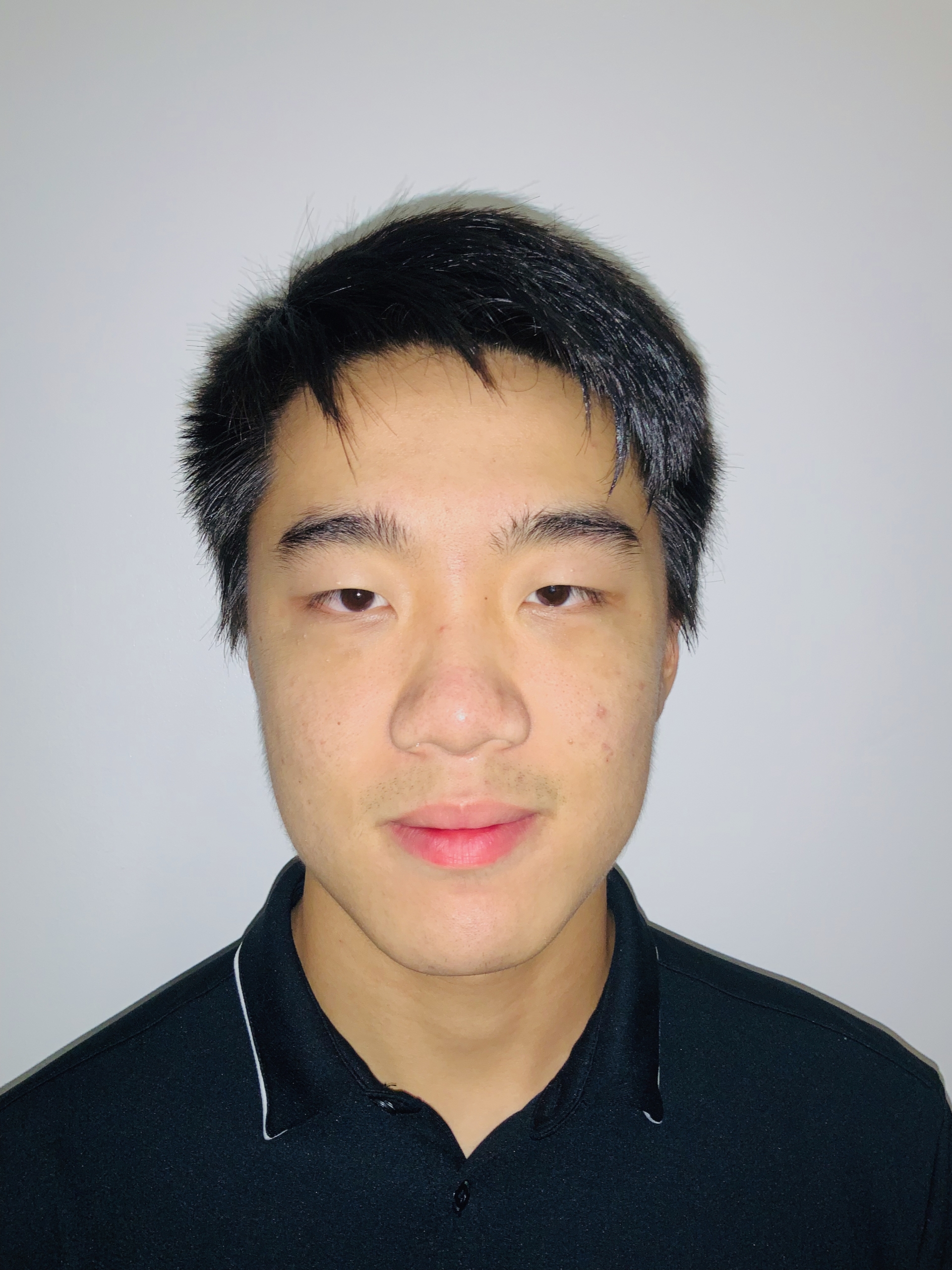State-Sponsored Islamophobia and Erasure of Uyghur Religiosity through Educational Curriculum in Mainland China.
Summary
In 2020, scholar Sean Roberts published The War on the Uyghurs, in which he argued that since 2017, through a combination of mass surveillance and concentration camp-like facilities, the CCP has been unleashing acts of cultural genocide against the Uyghurs, a Muslim minority ethnic group in China. Specifically, Roberts argues that the separation of Uyghur children from their parents and indigenous communities to state-sponsored boarding schools has been the cause of widening generational divide that is rapidly dissociating young Uyghur children from their parents’ cultural and, specifically, religious identities. On this topic, anthropologist Darren Byler, drawing from oral testimonies of Uyghurs who have left China and now live in diaspora communities in the West, has written that in these schools, students are discouraged from speaking Uyghur languages, while discussions of Islam are prohibited outside of state-sanctioned textbook definitions. Many of these schools are not run by Uyghurs but Han teachers, which he argues, according to the Genocide Convention established by the UN, can be considered an act of cultural genocide since it consists of the forcible transference of children away from their native communities. However, both Roberts and Byler admit that this specific process in the CCP’s effort to erase Uyghur culture has been critically understudied, since as western scholars, access to Xinjiang has become increasingly difficult since 2017. There is a significant gap within the current scholarship on Xinjiang regarding how these schools operate as well as what the children within them are being taught. Specifically, how the depiction of Islam in these schools reflects state-sanctioned islamophobia in their portrayal of Uyghur Islamic religiosity. Moreover, I believe western scholars like Roberts and Byler have not paid sufficient attention to the influence of this education campaign on Han students, whether those who live in Xinjiang or those who reside in China proper. Since the CCP practices nationwide standardization of curriculum, education impacts both Han and Uyghurs, as they disconnect the latter increasingly from their Muslim identities, they also misrepresent them to the former, leading young Han students in cities such as Beijing to believe that the Uyghurs have no Islamic identity and that historically, they have always been a part of the Han-dominated culture in China, existing quietly on the margins as another of the 56 minority ethnic groups in the country. My study aims to the fill this gap in scholarship, examining how State-Sponsored educational curriculum helps to produce Islamophobia and effectively erase Uyghur religiosity in Mainland China.

